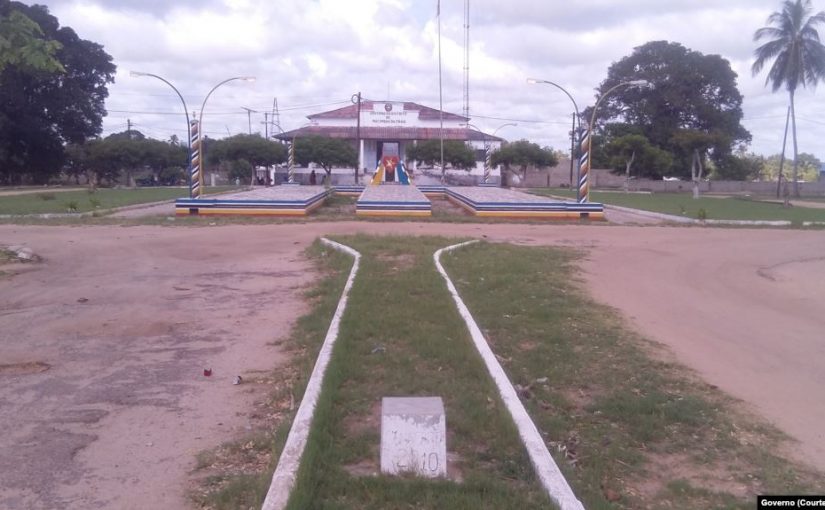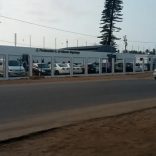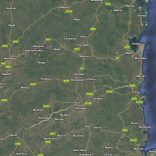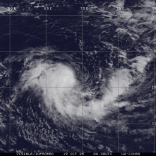Maputo: "Recapture of jail escapees from prisons proceeding at a good pace"
LISTEN: Population suspended between astonishment and insecurity after assault on Cabo Delgado towns

File photo: Voa
A week after a group of insurgents assaulted and besieged the district headquarters of Mocímboa da Praia and Quissanga in the Mozambican province of Cabo Delegado, the population is still experiencing a mixture of astonishment and uncertainty, with thousands leaving the towns.
“Many saw what they never expected to see, the entire town being over-run by al-Shabab,” Quissanga resident Rassul Daude told VOA, describing the population’s astonishment and the boldness of the insurgents’ attack, which has rendered the towns even more insecure.
“Life has never been the same, you see that in people. Many residents, realising their vulnerability, have left and others, especially the natives with nowhere to go, are staying, but they are very insecure,” a local journalist, who requested anonymity, explained. But the insurgents did not kill any civilians in Quissanga, he insisted.
Reports from residents indicate that people who were identified as “deifying” the insurgents – many of them natives – during their retreat from Mocímboa da Praia, are being persecuted and tortured by state security forces.
“The only public infrastructure that remains intact is the secondary school and the hospital in Mocímboa da Praia, where the insurgents distributed food to the patients before leaving,” a teacher from Mocímboa da Praia recounts, describing a wave of displaced people and the almost total abandonment of the town.
In one week, about a thousand displaced people from Mocímboa da Praia and Quissanga arrived in Pemba, the capital of Cabo Delegado, in 10 overcrowded fishing vessels, local authorities say.
Of the total displaced persons, 250, including 41 children, landed in Paquitequete, a neighbourhood on the outskirts of Pemba, and were welcomed into 55 homes there, local leader Aifo Corrente said.
Fleeing with nothing
Those who fled the insurgent attacks on the 24th and 25th arrived in Pemba with the few belongings they managed to rescue from their homes once the military onslaught of the group known locally as al-Shabab, an Islamic State faction, was over.
One survivor, Badrune Assane, said he was detained by the insurgents during the assault on Quissanga, along with other men, while the attackers awaited the reaction of the state forces that had fled the village.
“I was captured, along with some other men, and we were told to stay where we were. They said ‘We want peace’,” Assane reported. He managed to escape with his wife and daughter to the island of Quirimbas the same night.
“Population houses are counted, the government’s house has nothing left,” he said. “The situation is not good.”
The insurgents, Assane continued, are still camped in the village of Mbanguia, just outside Quissanga, “and swear they will not leave until they see the state military”, which has still not returned to the region.
Many displaced people face an uncertain future, not knowing where to go, and, after losing almost everything, still hope to return to the looted towns.
Supaque Abdala’s house in Quissanga was burned down by the insurgents, and, a week after escaping the attack, he says he doesn’t want to repeat the experience and will not return to the town.
Uncertainty among the displaced increased when news emerged of the discovery of firearms hidden in a mangrove in the Chibwabwari neighbourhood, on the outskirts of Pemba, where a number of displaced persons also arrived this week.












Leave a Reply
Be the First to Comment!
You must be logged in to post a comment.
You must be logged in to post a comment.